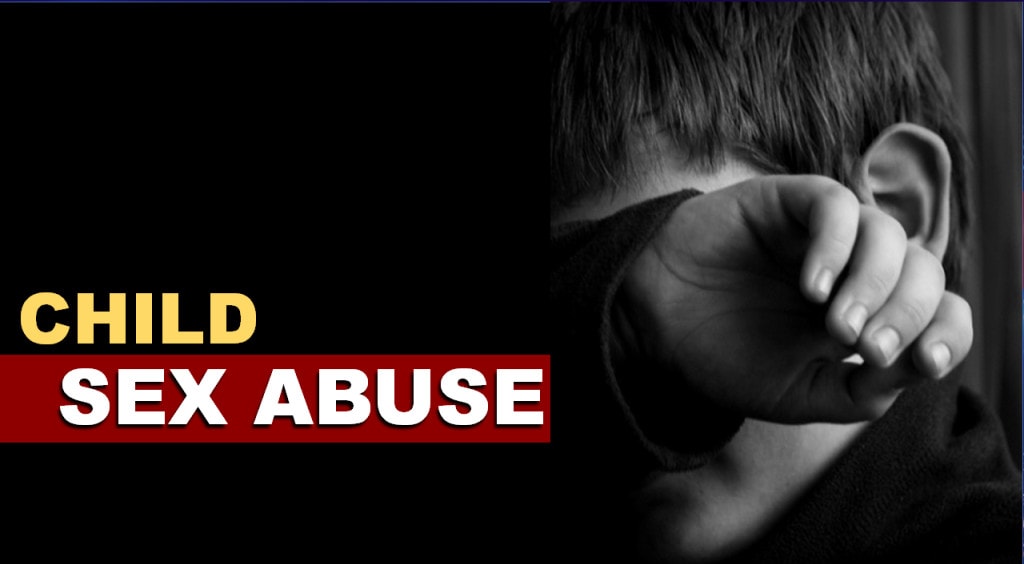
pamirtimes.net image
By Casey Bukro
Ethics AdviceLine for Journalists
Stories involving children who allegedly are sexually molested by church leaders are among the most sensitive and emotionally charged that confront journalists.
That was the kind of story a California reporter was covering, and he called AdviceLine for some guidance. He was covering the trial of a church youth leader accused of having a sexual relationship with a boy.
The boy is now 18, but was younger at the time of the alleged relationship. He is identified as John Doe in court, but his mother, the first witness in the case, is using her full name. The reporter wants to know whether to print her name, thereby indirectly naming the boy. They live in a small town. The reporter is concerned about the potential harm to the boy from being identified.
“I brought up the Society of Professional Journalists ethics code, in particular pointing to the relevance of seeking truth versus minimizing harm,” said David Craig, the AdviceLine ethics expert who handled the call from the reporter. “I asked if the news organization has any policies or precedents that are relevant?” The reporter said there were none.
“I also asked about whether any other news organizations were reporting on this (not that this should decide it, but it might be relevant.) He didn’t know of any other outlets, at least mainstream ones. I also asked him whether not using the name would create any difficult precedents if other people in sensitive legal situations want their name left out of stories – trying to think of a counter-argument in favor of using the name.”
Craig consulted with another member of the AdviceLine team to get a second opinion on this since the boy is now at the legal age of an adult and his mother is allowing herself to be named. The second team member agreed with Craig’s inclination to err on the side of caution since there seemed to be no compelling reason to identify the youth. Even though he is 18, he is still young and warrants some additional protection.
“That’s in keeping with what the SPJ code and ethics scholars would say about being sensitive to vulnerable parties, including young people,” said Craig. When he called the reporter, Craig learned that the reporter consulted further with his editor and they had come to the same conclusion.
*********************************************************************
The Ethics AdviceLine for Journalists was founded in 2001 by the Chicago Headline Club (Chicago professional chapter of the Society of Professional Journalists) and Loyola University Chicago Center for Ethics and Social Justice. It partnered with the Medill School of Journalism at Northwestern University in 2013. It is a free service.
Professional journalists are invited to contact the Ethics AdviceLine for Journalists for guidance on ethics. Call 866-DILEMMA or ethicsadvicelineforjournalists.org.
Visit the Ethics AdviceLine blog for more.

